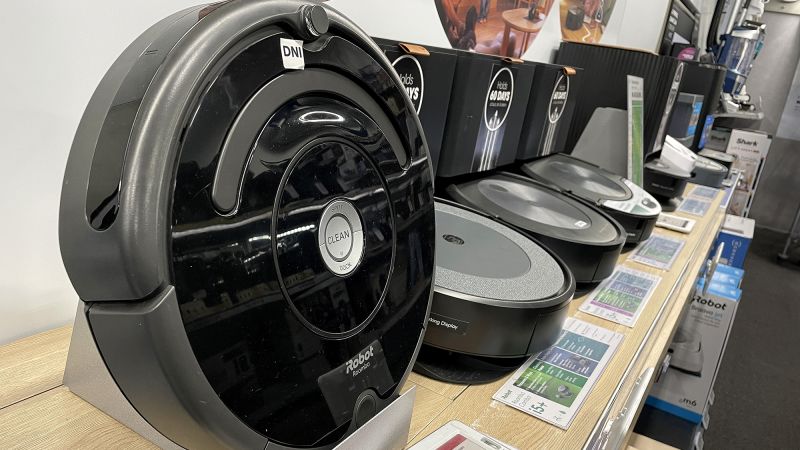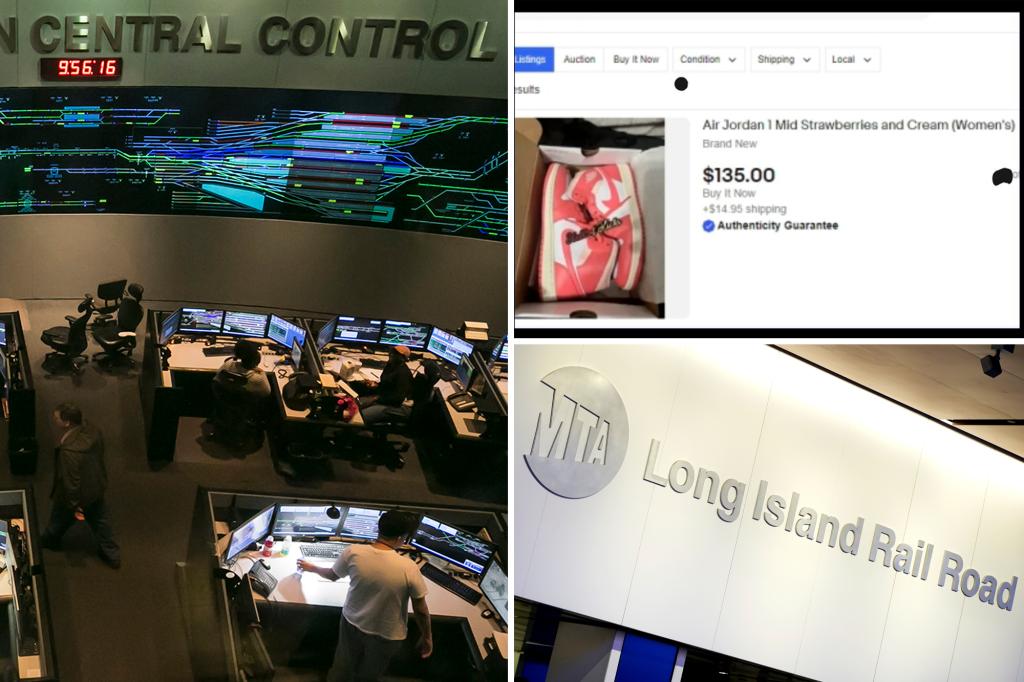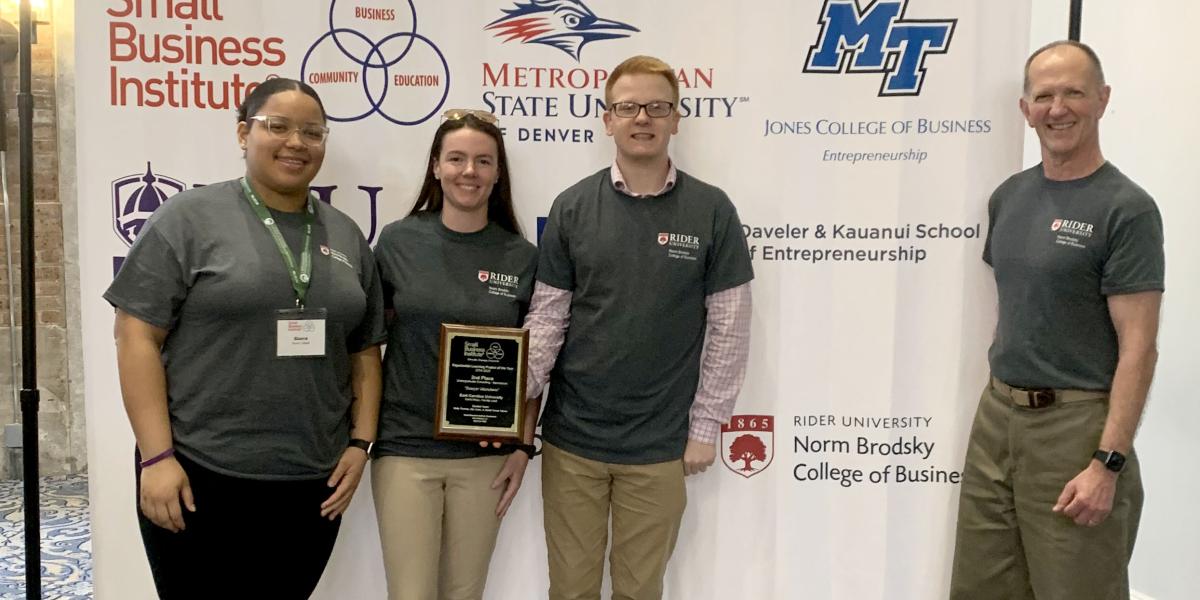Roomba's Future in Peril: iRobot Warns of Survival Challenges Amid Market Turbulence
Business
2025-03-12 13:30:52Content

In a stark revelation that sends ripples through the tech and robotics industry, iRobot—the innovative company behind the beloved Roomba vacuum cleaner—is signaling serious financial challenges. These concerns come in the wake of a collapsed $1.7 billion acquisition deal with tech giant Amazon, which fell apart more than a year ago.
The company's uncertain future highlights the complex landscape of tech mergers and acquisitions, where even seemingly promising partnerships can unravel unexpectedly. iRobot's leadership is now grappling with the aftermath of the failed Amazon deal, facing mounting pressure to chart a sustainable path forward in an increasingly competitive smart home technology market.
Investors and industry observers are closely watching the company's next moves, as iRobot seeks to maintain its market position and financial stability in the face of significant uncertainty. The breakdown of the Amazon acquisition has left the company at a critical juncture, forcing it to reevaluate its strategic options and long-term growth strategy.
Roomba's Uncertain Future: A Tech Giant's Struggle in the Robotic Vacuum Market
In the ever-evolving landscape of consumer technology, iRobot, the pioneering manufacturer of Roomba robotic vacuum cleaners, finds itself navigating treacherous waters of uncertainty. The company's recent challenges have sent ripples through the tech industry, highlighting the precarious nature of innovation and corporate acquisitions in today's competitive market.When Technological Dreams Collide with Corporate Realities
The Collapsed Amazon Acquisition: A Turning Point
The dramatic unraveling of iRobot's proposed $1.7 billion acquisition by Amazon represents more than just a financial setback. It symbolizes a critical moment of vulnerability for a company that has long been at the forefront of home robotics technology. The failed merger has exposed significant vulnerabilities in iRobot's strategic positioning, forcing the company to reassess its entire operational framework and future trajectory. Industry analysts have been closely scrutinizing the company's financial health, noting the profound implications of the collapsed deal. The sudden withdrawal of Amazon's acquisition proposal has left iRobot in a precarious financial situation, with investors growing increasingly anxious about the company's ability to maintain its market relevance and competitive edge.Financial Challenges and Market Dynamics
The robotic vacuum market has become increasingly saturated and competitive, with numerous players vying for consumer attention. iRobot, once a pioneering force in this technological niche, now finds itself struggling to differentiate its offerings and maintain its market leadership. The company's financial statements reveal mounting challenges, including reduced consumer spending, increased production costs, and heightened competition from both established manufacturers and emerging technological innovators. Experts suggest that iRobot must undergo a radical transformation to survive. This may involve reimagining its product line, exploring new technological innovations, and potentially seeking alternative strategic partnerships that can provide the financial and technological support necessary for long-term sustainability.Technological Innovation: The Path Forward
Despite the current challenges, iRobot possesses a wealth of technological expertise and a proven track record of innovation. The company's research and development team continues to explore cutting-edge robotics technologies that could potentially revolutionize home automation and cleaning solutions. Potential strategies might include developing more advanced AI-driven cleaning technologies, expanding into new market segments, or creating more integrated smart home solutions. The key to survival lies in the company's ability to adapt, innovate, and create value propositions that extend beyond traditional robotic vacuum cleaners.Consumer Confidence and Brand Perception
The uncertainty surrounding iRobot's future has inevitably impacted consumer confidence. Potential buyers may hesitate to invest in Roomba products, fearing potential support and warranty issues. The company must work diligently to rebuild trust, communicate its strategic vision, and demonstrate its commitment to product quality and customer support. Marketing efforts will need to be particularly nuanced, addressing consumer concerns while highlighting the continued innovation and reliability that have been hallmarks of the Roomba brand throughout its history.Global Market Implications
The challenges faced by iRobot extend beyond a single company's struggles. They represent broader trends in the technology and consumer electronics markets, where rapid innovation, shifting consumer preferences, and complex corporate dynamics can quickly transform industry landscapes. Investors, technology enthusiasts, and industry observers continue to watch closely, understanding that iRobot's journey could provide critical insights into the future of home robotics and technological innovation.RELATED NEWS
Business

Fitness After 50: Helen Mirren Reveals the Secret to Staying Vibrant in Your Golden Years
2025-04-30 04:03:30
Business

Mastering Healthcare Entrepreneurship: Free Workshop Unveils Business Secrets
2025-02-24 02:04:00






